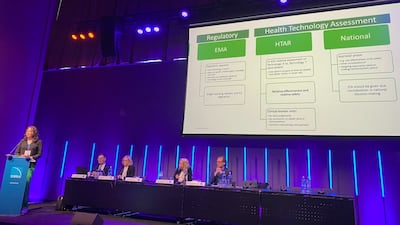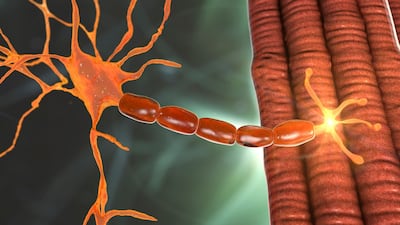Health Technology Assessment

Medicines Australia has expressed skepticism over the Pharmaceutical Benefits Advisory Committee’s claim that in March 2025 it will only be able to assess 32 submissions from companies that want to get their drugs subsidized under the Pharmaceutical Benefits Scheme.

The European Commission has now adopted the third implementing act for the Health Technology Assessment Regulation. This sets out rules for managing conflicts of interest of anyone involved in joint clinical assessments or joint scientific consultations under the regulation.

The second of six implementing acts for the Health Technology Assessment Regulation has now been adopted. It deals with how the European Medicines Agency is to cooperate with the European Commission and HTA experts in Europe.

The UK’s drug regulator has approved Eli Lilly’s early Alzheimer’s drug Kisunla, but England’s health technology assessment agency NICE said that the product “does not currently demonstrate value” for the National Health Service.

It is time for companies to take part in cross-country health technology assessments and stop asking “what’s in it for me?”

The rate of non-submissions for combination therapies in England has been on a downward trend in the last two years.

Manufacturers that do not answer all questions they are asked during joint clinical assessments under the upcoming EU HTA Regulation could have their applications deemed incomplete, says a co-chair of the JCA subgroup.

A newly published draft implementing act sets out the procedural rules for the joint scientific consultations that are foreseen by the EU’s Health Technology Assessment Regulation.

The UK government should remove a cost-neutrality restriction on England’s health technology assessment institute, NICE, that limits the value it places on medicines for severe conditions, says industry body the ABPI.

High unmet needs is among the terms and definitions in the EU’s regulatory reform package that are “very subjective” and require more clarity to improve predictability for the pharmaceutical industry, EUCOPE’s secretary general, Alexander Natz, tells the Pink Sheet.

New guidance from the European Commission on clinical trial validity for forthcoming joint clinical assessments has eased some concerns about the generation of evidence for rare disease treatments and advanced therapies.

HTA Regulation: EU Publishes Guidance On Validity Of Clinical Studies For Joint Clinical Assessments
Joint clinical assessment reports must be descriptive rather than reach definitive conclusions, and must not interfere with national decision making processes, according to new EU guidance.

The EU HTA Regulation will see clinical comparisons of medical products conducted at an EU level. However, the needs of some smaller nations may not be represented, experts from Cencora explain in this second of two articles on the new EU joint clinical assessments.

Manufacturers should undertake scenario planning exercises and simulations to prepare for questions that will be asked under the upcoming EU HTA Regulation, but unpredictable questions are likely to arise, experts from Cencora caution in this first of two articles on the new EU joint clinical assessments.

Improvements in the UK’s manufacturing and clinical trial ecosystems are on the “Christmas list” of Ioana Parsons, Ipsen’s general manager for the UK & Ireland.

Companies marketing pharmaceutical products in Saudi Arabia are being urged to prepare for upcoming mandatory pharmacoeconomic assessments to demonstrate the added value of their drugs over existing treatments.

England’s health technology assessment body, NICE, says it has suspended the appraisal process for the motor neurone disease treatment while it considers the next steps. No HTA submission for tofersen has been made in Scotland.

Industry says it is ready to work with the government on the recommendations from a major review of Australia’s health technology assessment system that covers areas such as discount rate reductions and setting up a separate budgetary allocation to temporarily subsidize access to certain drugs.

Research published in the Annals of Internal Medicine finds the US time from a drug’s approval to reimbursement is not the swiftest, compared to countries in Europe.

New rules on health technology assessments in Spain make room for real-world evidence and early dialogue.